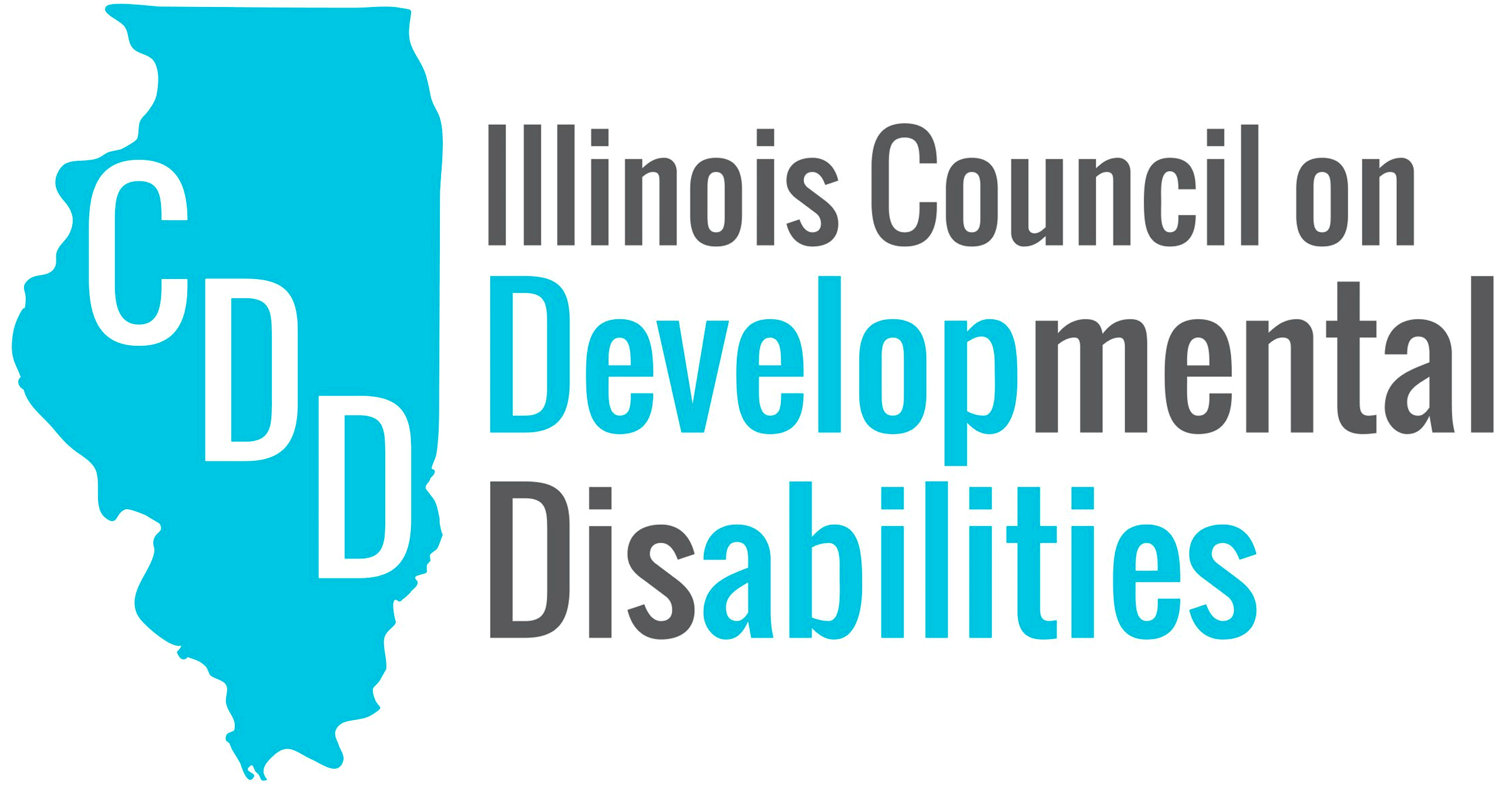Dignity in Pay Act
House Bill 793 (Rep. Mah & Sen. Castro)
More job opportunities, new funding for providers, and a 5-year path to end subminimum wages for workers with disabilities in Illinois.
Governor Pritzker Statement on the Passage of the Dignity In Pay Act
The Dignity in Pay Act requires the Illinois Department of Human Services (IDHS), the Illinois Council on Developmental Disabilities (ICDD), and the Illinois Department of Labor to lead a responsible and gradual 5-year process to expand employment options for people with disabilities and phase out 14(c) subminimum wage authorizations in Illinois.
This bipartisan compromise was achieved after years of dialogue between the disability service provider industry, disability civil rights and anti-poverty advocates. The City of Chicago, and dozens of employers across Illinois, have already ended subminimum wage programs in favor of Supported Employment and meaningful day program opportunities.
Implementation Status as of January 1, 2025
- Eliminates permission for employers to pay workers with disabilities less than the minimum wage, starting on December 31, 2029 (2 ½ years later than last version of the bill).
- Requires HFS/IDHS to file a Medicaid waiver amendment with federal CMS to increase small group supported employment rates to enhance disability employment programs.
- Establishes a Transition Program for 14(c) providers, to receive funding, training, and support to increase work options and discontinue subminimum wage labor.
- Requires the Governor to appoint at least two additional 14(c) subminimum wage certificate holders to the Task Force responsible for disability employment tracking.
- Increases the Personal Needs Allowance for 11,000+ CILA residents to $100 per month (currently at $60), beginning on January 1, 2025.
Key Requirements
- Eliminates permission for employers to pay workers with disabilities less than the minimum wage, starting on December 31, 2029 (2 ½ years later than last version of the bill).
- Requires HFS/IDHS to file a Medicaid waiver amendment with federal CMS to increase small group supported employment rates to enhance disability employment programs.
- Establishes a Transition Program for 14(c) providers, to receive funding, training, and support to increase work options and discontinue subminimum wage labor.
- Requires the Governor to appoint at least two additional 14(c) subminimum wage certificate holders to the Task Force responsible for disability employment tracking.
- Increases the Personal Needs Allowance for 11,000+ CILA residents to $100 per month (currently at $60), beginning on January 1, 2025.

